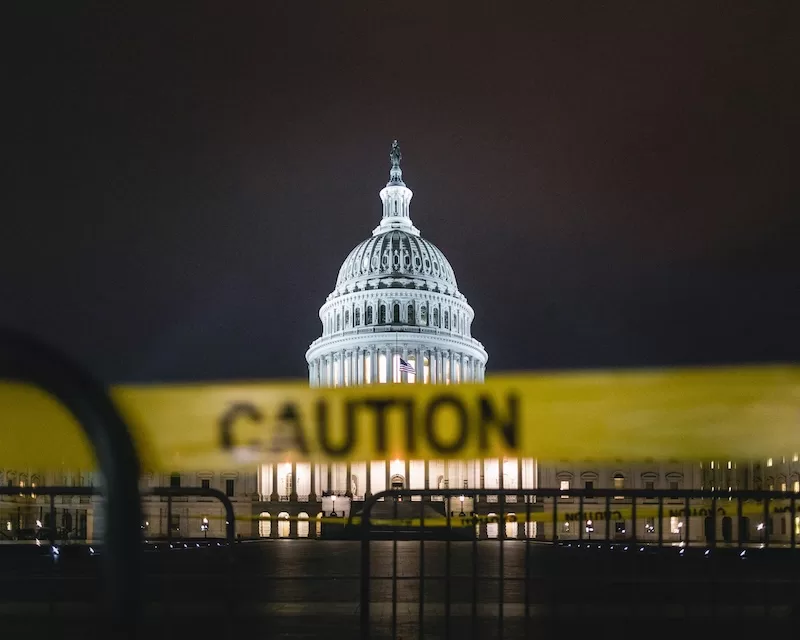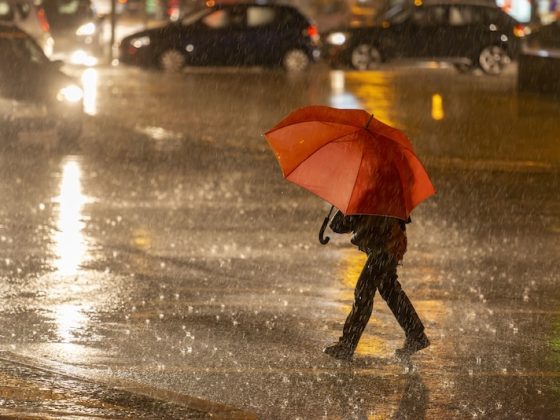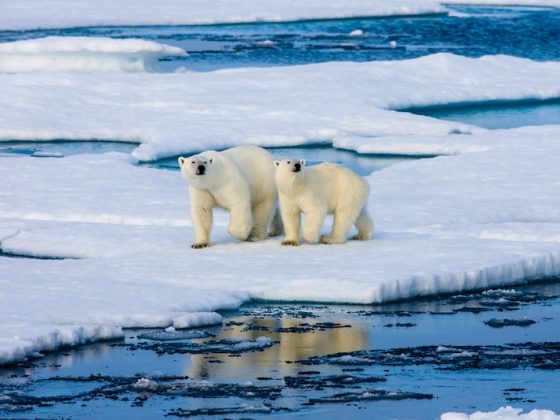This week’s headlines move between political relief and planetary warning. The U.S. government reopens after the longest shutdown in American history, just as a rare geomagnetic storm paints the skies with unexpected northern lights. New climate reports offer grim projections, warning the world is on track to blow past a critical warming limit, while drones and AI take on a new role in protecting the Brazilian rainforest. Meanwhile, the United States prepares to mint its final penny, winemakers coax award-winning grapes from desert soil, and France questions the future of its iconic baguette. Here’s what’s making headlines.
Shutdown Breaks
President Trump has signed a bill to reopen the federal government, ending the longest shutdown in U.S. history after weeks of political stalemate. Hundreds of thousands of furloughed workers will now return to their posts, and delayed services—from tax processing to airport operations—are expected to resume over the coming days. The reopening follows mounting pressure from business leaders, unions, and frustrated travelers who saw increasing disruptions across the country.
But the relief is tempered by uncertainty. Funding has only been restored temporarily, leaving the threat of another shutdown still hovering over Washington. Economists say the long-term effects—lost productivity, delayed contracts, and reduced consumer confidence—may take months to fully understand. The deal brings breathing room, not final resolution.
Lights Across the World
A powerful solar storm triggered a stunning display of northern lights this week, illuminating skies from Canada to southern Europe—and even parts of the American South. Millions witnessed the unexpected show, as colors rippled across the night in shades of green, violet, and red. Experts say the event was caused by a geomagnetic storm far stronger than predicted, the result of charged particles slamming into Earth’s atmosphere.
While the spectacle captivated skywatchers, scientists warn that such storms can threaten satellites, GPS systems, and power grids. This week’s event caused brief disruptions in aviation communications and satellite tracking, prompting calls for improved space weather forecasting. For many, the lights were beautiful; for researchers, they were also a reminder of how vulnerable modern systems are to solar forces.
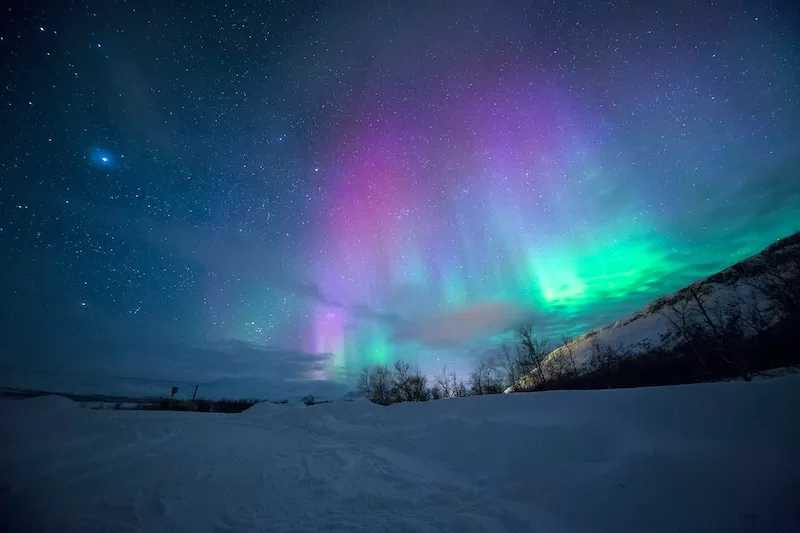
France’s Battle of the Baguette
France is rethinking the future of its most iconic bread as rising wheat prices, inflation, and shifting consumer habits challenge the traditional bakery model. Bakers warn that the cost of ingredients and energy has made the classic one-euro baguette nearly impossible to sustain, pushing some to raise prices or close their doors altogether. At the same time, younger consumers are buying fewer loaves, opting for pastries or faster snacks.
Cultural leaders say the baguette—recently granted UNESCO heritage status—must adapt to survive. Bakeries are experimenting with new flours, longer fermentation, and artisanal techniques to revive interest. For many in France, the baguette is more than food; it’s identity. Its uncertain future reflects broader anxieties about preserving tradition in a rapidly changing world.

Dangerous Climate Threshold
Newly released climate assessments paint a stark picture of the decades ahead, warning that global temperatures are poised to overshoot the 1.5°C warming limit set by the Paris Agreement. Researchers say the world is heading toward a future marked by more intense heatwaves, stronger storms, and irreversible ecosystem loss if emissions continue along their current trajectory. The findings underscore how limited the remaining time is to avert the worst impacts.
Global leaders face increasing pressure to strengthen climate commitments, yet political will remains uneven. Even with rapid decarbonization, scientists warn that some consequences—rising seas, disappearing glaciers, shifting rainfall patterns—are already locked in. The reports renewed calls for adaptation alongside mitigation, urging countries to prepare for a world fundamentally reshaped by warming.
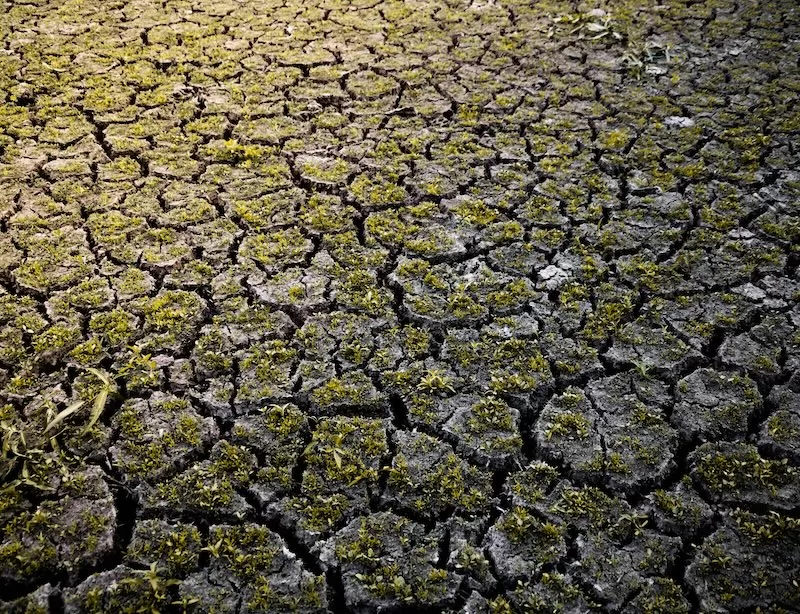
Tech Patrols in the Amazon
Brazil has expanded its use of drones, artificial intelligence, and satellite surveillance to monitor illegal logging and deforestation across the Amazon rainforest. The new technologies allow rangers to detect suspicious activity in real time, even in areas too remote or dangerous for ground patrols. Officials say early tests show the system is already helping identify illegal camps and track timber routes more accurately than before.
Environmental groups cautiously welcome the shift, noting that technology alone is not enough without strong political backing and enforcement. Still, combining AI with on-the-ground action represents the most ambitious conservation strategy Brazil has attempted in years. For a rainforest facing accelerating threats, innovation may be the most critical tool left.
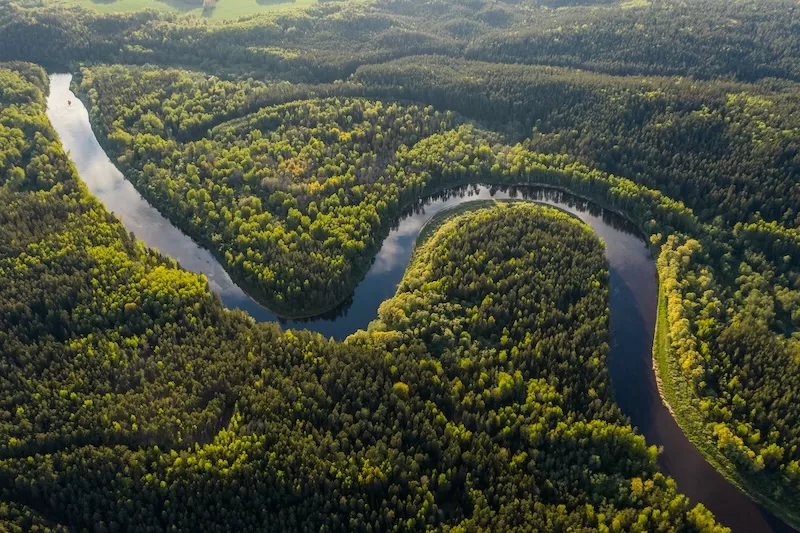
The Last U.S. Penny
The United States Mint is preparing to strike its final penny, ending more than a century of production for the copper-colored coin. Officials cite high manufacturing costs and declining cash usage as key reasons for discontinuation, noting that it now costs more than twice the coin’s value to produce a single cent. Retailers and consumer groups have already begun planning for rounding adjustments on cash purchases.
The move marks a symbolic shift in American financial life. While digital payments dominate, the penny carries a nostalgic weight—from childhood piggy banks to everyday idioms. Economists note that eliminating the coin will barely register in the broader economy, but culturally, the end of the penny feels like the end of an era.
With the penny now discontinued, cash purchases in the U.S. will simply be rounded to the nearest five cents, while electronic payments continue charging to the exact cent.
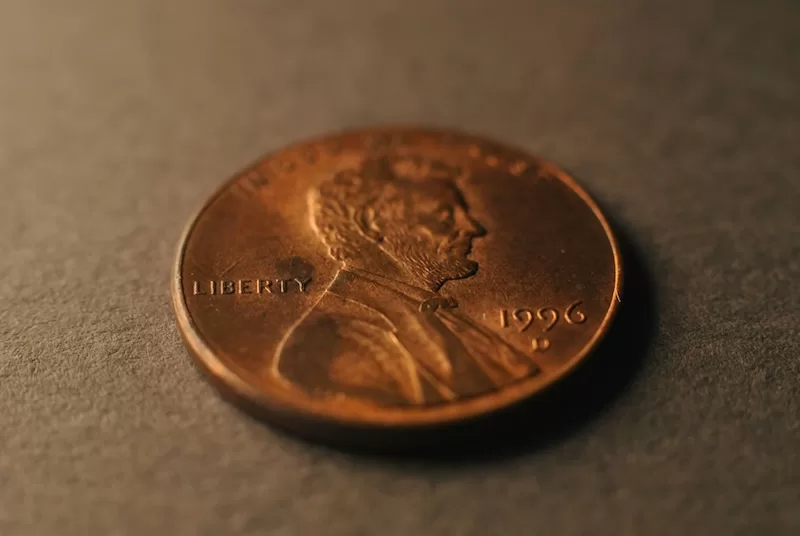
Read more like this: Last week’s News Headlines
Contact Author
"*" indicates required fields
Stay Ahead on Every Adventure!
Stay updated with the World News on Escape Artist. Get all the travel news, international destinations, expat living, moving abroad, Lifestyle Tips, and digital nomad opportunities. Your next journey starts here—don’t miss a moment! Subscribe Now!
